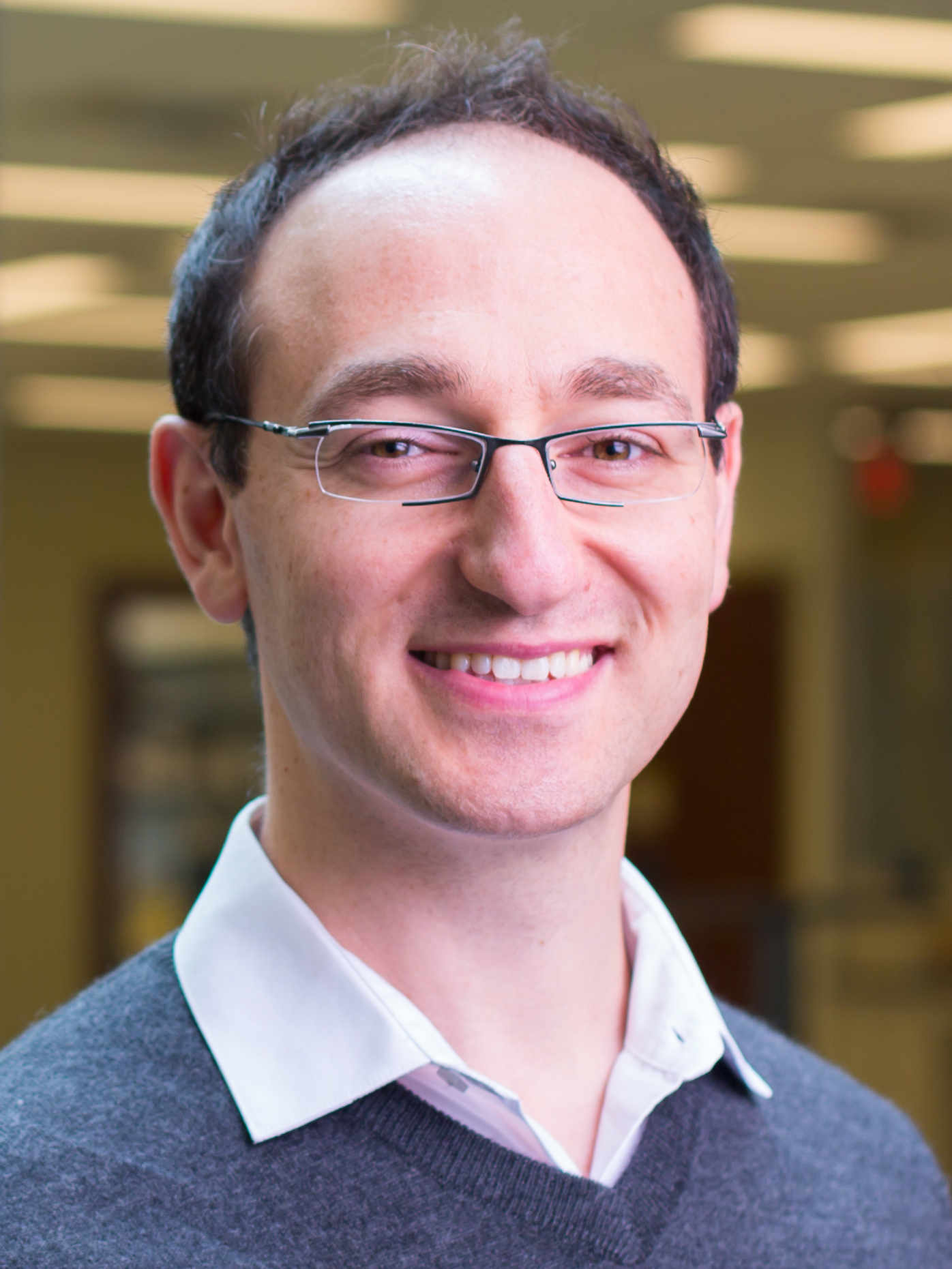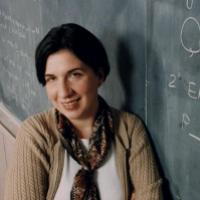Date: September 3, 2021
Speakers: Dr. Sudeep Sarkar and Dr. Lilia Woods
University of South Florida
Absract:
Introduction of the event

Speaker: Chandralekha Singh
University of Pittsburgh
Absract:
In order to inspire future generations to pursue careers in quantum information science and technology (QIST), educators must play a key role in developing curricular materials and engaging their students using evidence-based approaches with core QIST concepts at appropriate levels in a variety of classes at different levels. As a physics education researcher, I will discuss these types of efforts I have been involved in both at the college and high school levels. We thank the National Science Foundation for support.

Speaker: Dr. Lincoln D. Carr
Colorado School of Mines
Absract:
The rapidly growing quantum information science and engineering (QISE) industry will require both quantum-aware and quantum-proficient engineers at the bachelor's level. We provide a roadmap for building a quantum engineering education program to satisfy this need. For quantum-aware engineers, we describe how to design a first quantum engineering course accessible to all STEM students. For the education and training of quantum-proficient engineers, we detail both a quantum engineering minor accessible to all STEM majors, and a quantum track directly integrated into individual engineering majors. We propose that such programs typically require only three or four newly developed courses that complement existing engineering and science classes available on most larger campuses. We describe a conceptual quantum information science course for implementation at any post-secondary institution, including community colleges and military schools. QISE presents extraordinary opportunities to work towards rectifying issues of inclusivity and equity that continue to be pervasive within engineering. We present a plan to do so and describe how quantum engineering education presents an excellent set of education research opportunities. Finally, we outline a hands-on training plan on quantum hardware, a key component of any quantum engineering program, with a variety of technologies including optics, atoms and ions, cryogenic and solid-state technologies, nanofabrication, and control and readout electronics. Our recommendations provide a flexible framework that can be tailored for academic institutions ranging from teaching and undergraduate-focused two- and four-year colleges to research-intensive universities.

Speaker: Dr. Sevag Gharibian
Paderborn University
Absract:
Recent years have seen a dramatic rise in both interest and funding in the development and deployment of quantum computers. The European Union's Quantum Flagship program, for example, is set to disburse at least 1 billion Euros over 10 years across both academia and industry. As a result, many large-scale industry partners are now making their first ever hires in the field of quantum computation, with the aim of positioning themselves for the planned deployment of larger and larger scale quantum computers as they become available. This raises the question: What skillsets might be most useful for such positions? How does one prep such a skillset, given that the field traditionally has students across a variety of fields, including computer science, mathematics, and physics? And where does the boundary between skills in "theory" versus "practice" lie? In this talk, we will discuss potential answers to such questions from a primarily computer science/mathematics perspective.

Speaker: Dr. Emina Soljanin
Rutgers University
Absract:
Quantum phenomena feature computing and information handling paradigms that are different and arguably much more powerful than their classical counterparts. In the past quarter of the century, theorists have made substantial progress. Experimentalists have performed various operations on a few quantum bits. Several experiments affirming quantum superiority have been executed. The NSF has declared this general area to be one of the ten big ideas for future investments. In June 2018, the science committee of the House of Representatives unanimously approved the National Quantum Initiative Act (H.R. 6227), which has generated a 10-year federal effort to boosting quantum science. Similar funding commitments have been made throughout the world. An indispensable part of this effort is teaching and mentoring future quantum engineers and scientists. This talk examines whether teaching quantum information science has other crucial benefits and affects other vital areas. It discusses possible ways to introduce abstract notions of the field and questions the best time to do that.
Speaker: Dr. Donald A. Telesca Jr.
University of Connecticut
Absract:
Recent advances in Quantum Information Science (QIS) indicate that future applications of quantum mechanics will lead to disruptive advances in capabilities for the US Air Force. Controlling and exploiting quantum mechanical phenomena will enable inertial sensors and atomic clocks that provide GPS-like positioning and timing accuracy for extended periods of time in degraded environments, communications networks with provable information security, unprecedented sensor resolution, and computers with exponential speedup in processing speed. To ensure that the future Air Force warfighter maintains a technological advantage the AF must implement a QIS strategy that leads to robust and deployable quantum systems. This invited talk will discuss the AFRL QIS strategy that encompasses timing, sensing, communications and networking, and computing along with related capability development.
Speaker: All participants